 Tongue-tie, Lip Tie & Structure Online Course(s) & Continuing Education
Tongue-tie, Lip Tie & Structure Online Course(s) & Continuing Education
Access the latest clinical skills and research for Tongue-tie, Lip Tie & Structure for Lactation & Breastfeeding professional training. These Tongue-tie, Lip Tie & Structure online courses provide practice-changing skills and valuable perspectives from leading global experts. This Tongue-tie, Lip Tie & Structure education has been accredited for a variety of CEUs / CERPs and can be accessed on-demand, at your own pace.
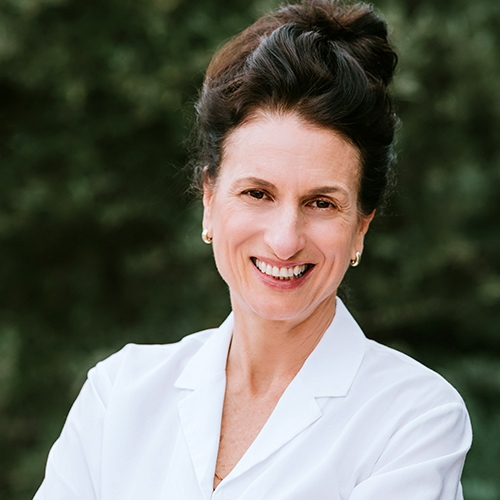
A Case for Clipping, a Case for Waiting: Difficult Decisions in Clinic

Dr. Gina Weissman began her career as a dentist, receiving her training at The Hebrew University Hadassah Medical School, Jerusalem. She is also a RN nurse and has been working as an IBCLC, Certified Lactation Consultant, since 1999. She teaches courses in human lactation for both medical professionals and future lactation consultants, mentoring them in preparation for the international exam of the IBCLC. Dr. Weissman councils mothers and releases tongue ties at her private breastfeeding clinic, HalavM. She is an expert in teaching mothers Instinctive Breastfeeding and the author of Mother's Milk, a Video Guide to Breastfeeding (Hebrew/Arabic/English).Dr. Weissman is an international lecturer and the president of the Israeli Association of Certified Lactation Consultants.She lives in Israel with her husband Amir and four sons.
Topic: Understanding the Complexities of Tongue Tie: 2020 Updates - [View Abstract]
Institutions: Department of Nursing, Laniado Hospital, Netanya, Israel, Halav-EM Breastfeeding Clinic
Background: As far as anterior tongue tie is concerned, there is a growing, vast body of knowledge that has been validated. As for posterior tongue tie, the scientific evidence is lacking and the assessment tools are not uniform among practitioners.
Medical diagnoses are not part of the scope of practice of Lactation Consultants. Hence, there is a lot of confusion among professionals (both Drs and Lactation Consultants), resulting in over diagnosis and over treatment on the one hand, and also under treatment on the other.
Aims: To present a unique perspective of an experienced Lactation Consultant who is also a dentist, experienced in diagnosing and treating various types of tongue ties.
Narrative: The discussion will focus on the clinical dilemmas regarding releasing posterior tongue ties and their implications for breastfeeding in newborns as well as in older babies.
Clinical cases of babies with posterior tongue ties will be shown to demonstrate how exclusive breastfeeding can be achieved in clinical cases with posterior tongue ties that were not released. Cases of anterior and posterior tongue ties that had been released although breastfeeding was going well will also be shown. In these cases, additional factors were taken into account, such as the palate structure and the additional consequences that Ankyloglossia may have later in life.
Conclusions: In some cases of posterior tongue ties, good breastfeeding counseling can make the action of releasing the tongue redundant. However, then we are left to consider conservatively what other effects Ankyloglossia may have on our body.
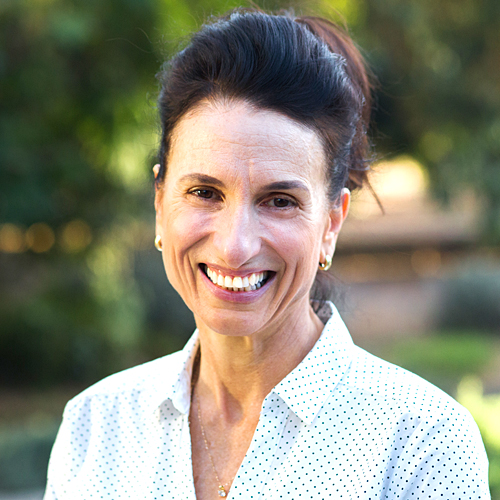
View Details / Enroll

A Sensory Motor Approach to Neuromuscular Re-Education Post Frenotomy

Lori L. Overland, M.S., CCC-SLP, C/NDT, CLC is a licensed speech and language pathologist with her neurodevelopmental certification and certificate as a lactation counselor. Lori is currently working on her IBCLC under the mentorship of Dr. Tina Smilie M.D., IBCLC, and Cathy Watson-Genna IBCLC. Lori’s private practice focuses on infants, toddlers and preschool children with oral sensory-motor/feeding disorders. Lori has co-authored two books: A sensory motor approach to feeding, and Functional assessment and treatment of tethered oral tissue. In addition to her private practice, Alphabet Soup, Lori is a member of the TalkTools® speakers’ bureau, and has lectured on sensory-motor/feeding disorders around the United States and internationally. Lori holds degrees from Hofstra University and Adelphi University.
This session will focus on functional assessment and treatment of tethered oral tissue in the breastfeeding infant. Participants will understand the importance of task analysis of the motor skills to support sucking, prior to referring an infant for a release. Post op treatment has focused on active wound management (Ghaheri, B. 2017) rather than neuromuscular re-education. This approach multidisciplinary approach encourages lactation consultants to partner with body works specialists and speech pathologists to develop the underlying motor skills to support sucking.
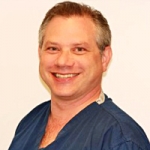
Aerophagia Induced Reflux Associated With Lip and Tongue Tie in Breastfeeding Infants

Dr. Siegel is a pioneering Tongue Tie surgeon, mentored through medical school, residency and in private by practice by the late Elizabeth Coryllos, MD. He is a dual degree MD, DDS Oral and Maxillofacial Surgeon, lectures internationally and publishes on the topic of Reflux associated with Lip and Tongue Ties.
This study aims to show a correlation between aerophagia in infants with tethered oral tissues (TOT’s) consisting of ankyloglossia and shortened maxillary labial frenula (tongue and lip-tie) and reflux. Currently there is little to no data on aerophagia as a possible cause of reflux in infants. Infants with tongue and possibly lip tie often have a poor latch in which there is often an inadequate seal around the breast and inefficient transfer of milk. As a result many of these infants swallow air during breastfeeding. Many of these infants suffer from symptoms of reflux. This study and results to demonstrate a correlation of ankyloglossia and shortened maxillary labial frenula with aerophagia and reflux.Treatment of these infants with a relatively simple frentomy procedure may reduce or eliminate reflux in this population.
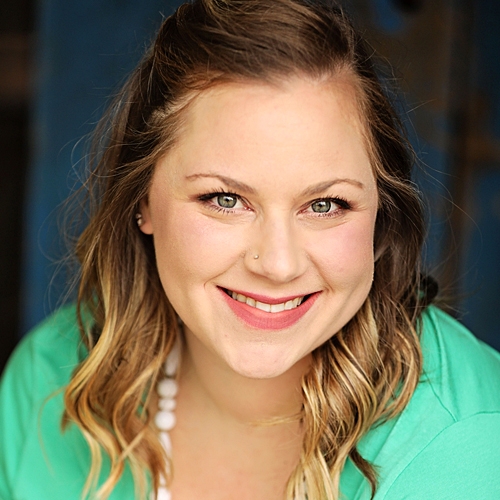

Dr. Brandi is the pediatric chiropractor in a practice that provides chiropractic care for women and children. Her focus is on infants with feeding difficulties and children with neurodevelopmental delays. Dr. Brandi created a program at her practice which incorporates chiropractic, optimal nutrition, myofascial/cranial-sacral techniques, and neurofunctional exercises into one comprehensive program. Her ultimate goal is to naturally support the body (brain, gut, spine and immune system) to work together in balance and help children achieve their maximum life potential. Dr. Brandi attended Cleveland Chiropractic College after earning a bachelor’s degree from the University of Missouri- Kansas City. She is also certified by the Academy of Chiropractic Family Practice. In her free time, Dr. Brandi enjoys spending time outdoors with her husband and two sets of fraternal twins.
Oral ties are often diagnosed and released during infancy to improve the breastfeeding relationship between mother and baby. But what happens if ties go undiagnosed? This course will review tethered oral tissues and their relationship in a breastfeeding dyad and the neurodevelopment of an infant and beyond. We will explore the implications of oral restrictions on the myofascial system throughout the body. Movement patterns, posture, and primitive reflex integration can all be affected by oral ties. Signs, symptoms, assessment tools, and strategies for co-management between IBCLC and bodyworkers will be discussed. Attendees will also learn neuro-biomechanical implications of TOTs beyond breastfeeding. Several case studies will be discussed and how successful management can be achieved with a team approach.
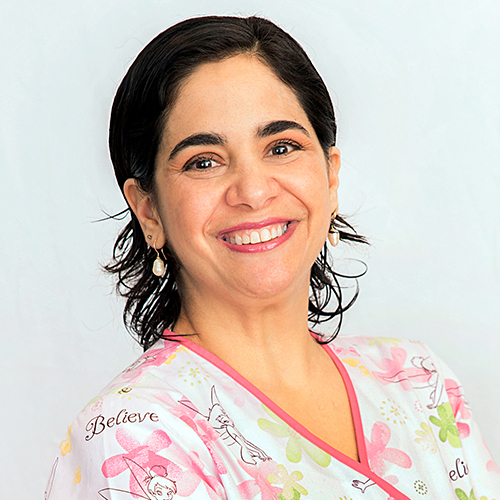
Ankyloglossia Differential Diagnosis: Tongue-Tie, Retrognathia or Hypotonia?

Dr. Camila Palma obtained her Doctor of Dental Surgery (DDS) from Universidad Tecnológica de México (UNITEC), Mexico City. She also holds a Master of Science in Dentistry in Pediatric Dentistry (MSc) from the University of Barcelona, Spain and was certified as an International Board Certified Lactation Consultant (IBCLC) in 2019. Dr. Palma is Associate Professor in the Pediatric Dentistry Postgraduate Department, Peruvian University Cayetano Heredia, and Vice-president of the Peruvian Society of Pediatric Dentistry (2021-2023). She also has her own Pediatric Dentistry dental practice in Lima, Peru (Chis Dental). Dr. Palma is the author of several scientific articles, especially in caries prevention and infant oral healthcare. She is also a lecturer in Latin American and European Dental and Lactation Conferences and content creator on children´s oral health for parents through her YouTube channel (Dra. Camila Palma), instagram and Facebook accounts (@chisdental).
Ankyloglossia is an embryologic variation of the lingual frenulum, which causes a significant restriction in the mobility of the tongue. As such, an altered lingual function is always an essential consideration when faced with breastfeeding challenges. On some occasions however, other anatomic or functional alterations in the babies’ orofacial region can cause breastfeeding problems, similar to those seen in tongue-tie babies. They can be the root of latch difficulties, nipple trauma and/or suction and deglutition issues. In these cases, frenotomy does not solve those problems and therefore, the misdiagnosis and posterior surgical treatment can frustrate parents. From a pediatric dentist perspective, retrognathia (recessed chin) and hypotonia are two common differential diagnosis of tongue tie, which can affect a babies’ suction at the breast. The aim of this talk is to present normal and abnormal orofacial structures so as to differentiate ankyloglossia from two problems that can be part of a “faux tie”, in order to aid breastfeeding consultants, and broaden their perspective on breastfeeding difficulties.
View Details / Enroll
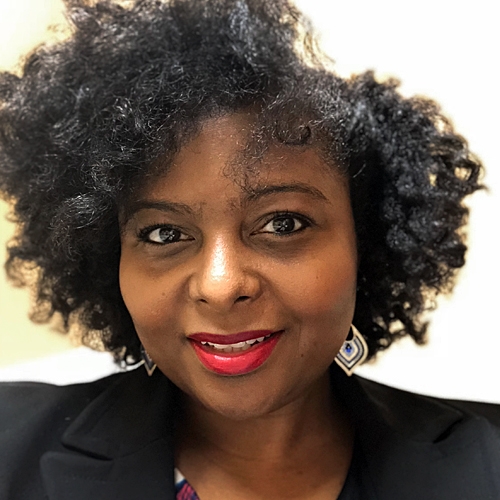
Baby Shark Do’s, Don'ts, Decisions, and Dilemmas. Creating a Supportive Lactation Care Plan for a Family with Tethered Oral Tissues.

New moms come to Tamara Hawkins for a birthing and breastfeeding plan, but what they get is the permission to abandon beliefs about what the experience should be. What they get is the insight to define their own journeys to and through motherhood—one unpredictably beautiful step at a time. What they get is the confidence to toss the all parenting books aside and to trust their own yes. As the Director of Stork and Cradle, Inc., a passion-fueled prenatal education group specializing in childbirth classes and lactation consultation based in New York City, Tamara brings over twenty years expertise as a Maternity Nurse and Family Nurse Practitioner to deliver classes and programs that blend holistic knowledge and clinical care for mothers and their babies. As instructors and consultants, Tamara and her team offer insight and advice that is data driven, educationally sound, but most importantly, empowerment focused. With Stork and Cradle, women soon realize that their success as moms is not determined by epidurals or pumped ounces, but rather by the power that comes with honing their intuition and simply flowing and flourishing with their babies. An impassioned advocate for birth and breastfeeding equity, she is a Lamaze Certified Childbirth Educator, an International Board Certified Lactation Consultant and a Certified Holistic Health Counselor. Her private practice as an IBCLC accepts several private insurances. Learn more about her work at www.storkandcradle.com.
Trending in lactation consultants’ conversations are concerns of parents choosing not to release tethered oral tissues, declining structural realignment work, choosing frenotomy providers that are not on preferred consult lists, and experiencing less than desired outcomes or breastfeeding cessation. How can IBCLCs support families that might otherwise be ambivalent to body work, releasing restrictions, and follow up to ensure continuity of care and breastfeeding success? In this talk, we will explore the journey of holistic lactation care starting from a functional feeding assessment to helping parents reach a self-imposed goal of breastfeeding success with babies that have tethered oral tissues.

Beneath the Surface: Anatomy and Physiology and How These Influence the Approach to Frenectomy

Justin is a Consultant Paediatrician who has worked in both the UK and Ireland. He has had an interest in Tongue Ties for over 15 years and has created multi-disciplinary pathways of care. He is Medical Director of the National Tongue Tie Centre in County Tipperary, Ireland which he established with Kate Roche, a Chartered Physiotherapist, in 2017. There he and the team provide comprehensive care for infants, children and adults with tethered oral tissues.
The management of tongue tie has many approaches. In this presentation we will explore the anatomy and physiology of normal tongue frenulae and that of ankyloglossia. How the structures affect function and how to manage them to optimise function. We will also discuss the problems that can be seen following incomplete release and reattachment. We will also cover complications during surgery and management options.
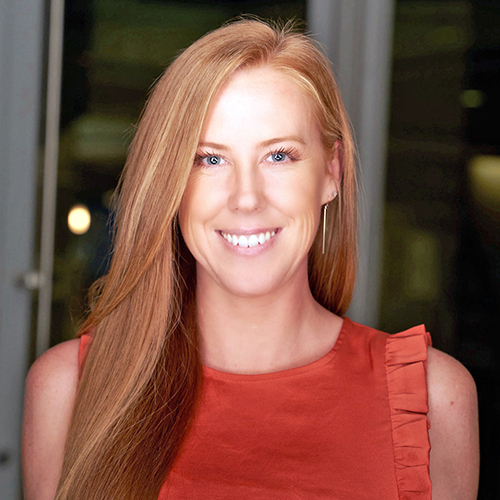
Beyond Breastfeeding: The Long Term Implications of Tongue-Tie in Our Adult Patients

Sarah Hornsby is a registered dental hygienist, orofacial myofunctional therapist, speaker, mentor, and entrepreneur. She’s the founder and creator of MyoMentor, a comprehensive mentorship and online educational platform for myofunctional therapy with over 900 graduates as of August 2022. She’s passionate about merging technology into patient care and has been a pioneer in utilizing telehealth practices in the field of myofunctional therapy since 2014. Sarah is a provider advocate as much as she is an advocate for her patients. Her goal is to empower hygienists and dentists to elevate the standards of care by helping their patients through healthy breathing, airway dentistry, myofunctional therapy, and multi-disciplinary collaboration. She opened Faceology, her private myofunctional therapy practice, in 2010 and today it is a thriving telehealth speciality clinic with a focus on adult patient populations and complex treatment cases. Although Sarah has been a myofunctional therapist for over 10 years, it was actually her own health journey that led her down the path to help her patients.
When it comes to addressing tongue-ties in medicine and dentistry, there is a large emphasis on treating infants in order to achieve optimal breastfeeding. But what happens to the babies who grow into children and adults without addressing their tethered oral tissues, and they end up as adults with tongue-ties? This presentation will discuss the challenges and symptoms that tongue-tied adults face later in life due to restricted lingual frenums. Knowledge of long-term implications is an important part of clinical teaching when explaining tongue-tie to caregivers or colleagues.
View Details / Enroll
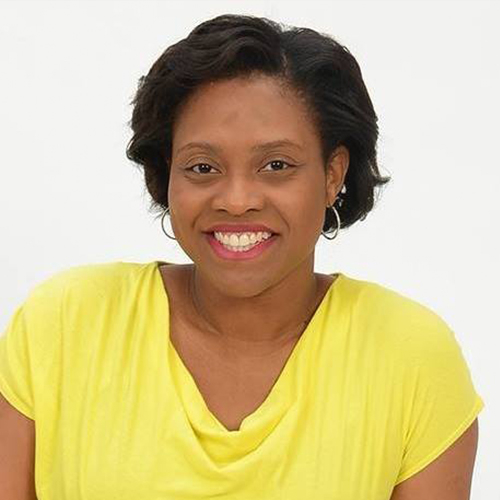
Breastfeeding After Release: The Importance of Anticipatory Care

Karese, like many parents, suffered in silence while her children struggled with the symptoms of undiagnosed sleep and breathing issues. One visit to a pediatric dentist changed the trajectory of their lives. Already a Registered Dental Hygienist (RDH), Karese, trained with Sandra Holtzman, Lois Laynee and Sarah Hornsby to establish her orofacial myology knowledge. With this initial training and numerous others, in a few short years she has not only resolved all her children's issues, but helped hundreds of patients, children and adults alike, discover how great life can be functioning on full. Her private practice, The Myo Spot is now a leader in the quest for myofunctional therapy awareness and public education. Her latest published book, Accomplished, delves into how to sleep better, eliminate burnout, and execute goals. Karese's mission is to transform and positively impact as many households as possible through dynamic breath, brain and body work.
Anticipatory care plays an essential role in achieving desirable outcomes after the revision of tethered oral tissues. Tethered oral tissues are a common and underdiagnosed problem that impacts potentially 10% of the United States population. Lack of a universally accepted approach to diagnosis, treatment, and management creates confusion for the public and prohibits optimal care. This lecture dissects current research, trends, and information to present a deeper connection between oral function and anatomy during breastfeeding and tethered oral tissue revision management. Discover the interdisciplinary approach to restoring a functional and healthy breastfeeding relationship to the dyad and the critical importance of setting families up for success by providing adequate anticipatory care and guidance prior to revision.
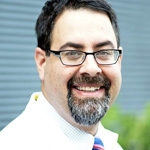
Breastfeeding improvement following tongue-tie and lip-tie release: A prospective cohort study

Bobby Ghaheri, MD is a board certified ear, nose and throat specialist with The Oregon Clinic in Portland, OR. His interest in treating children with tongue and lip-tie stems from his ardent support of breastfeeding and was furthered by his personal experiences, as his youngest child benefited from treatment for it. He enjoys working with children and has an interest in traditional and non-traditional approaches to pediatric pain control. To communicate with him, feel free to email him at [email protected] or follow him on Twitter at @DrGhaheri.
Topic: Diagnosis and Management of Tongue Tie and Lip Tie in Breastfeeding - [View Abstract]
Numerous symptoms may arise which prevent mother-infant dyads from maintaining desired breastfeeding intervals. Investigations into treatments which positively influence breastfeeding outcomes allow for improved patient counseling for treatment decisions to optimize breastfeeding quality.
Surgical release of tongue/lip-tie results in significant improvement in breastfeeding outcomes. Improvements occur early (1-week postoperatively) and continue to improve through 1-month postoperatively. Improvements were demonstrated in both infants with classic anterior tongue-tie and less obvious posterior tongue-tie. This study identifies a previously under-recognized patient population that may benefit from surgical intervention if abnormal breastfeeding symptoms exist.












